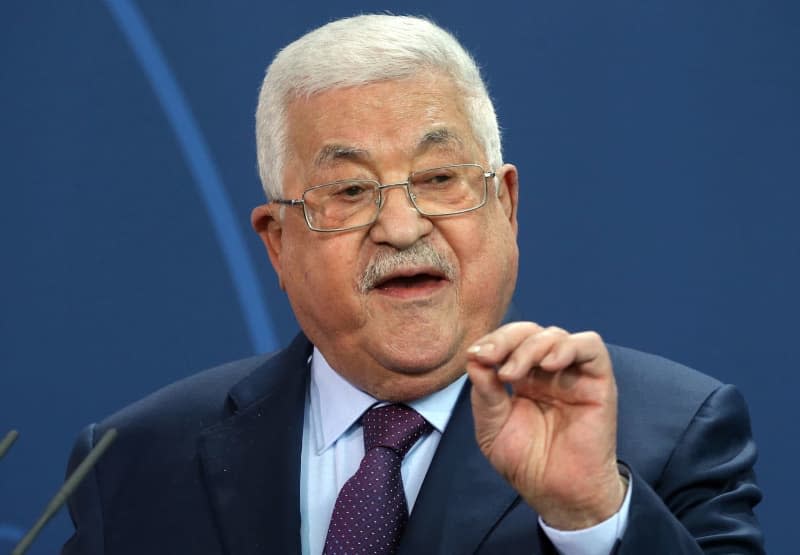Palestinian president appoints new prime minister amid reform push

- Oops!Something went wrong.Please try again later.
Palestinian President Mahmoud Abbas has appointed economist and former World Bank official Mohammed Mustafa as prime minister of the Palestinian Authority (PA).
The move comes amid pressure from the United States, as well as some Arab countries, for the PA to be reformed and revitalized in the wake of the October 7 attack by Hamas on Israel.
Washington wants the Palestinian Authority, which governs parts of the Israeli-occupied West Bank, to rule the Gaza Strip following the end of Israel's military operations to oust Hamas there.
The PA sees Gaza as part of a potential future Palestinian state. Washington, which is pushing for a two-state solution, believes PA control over Gaza would further that long-sought objective.
Hamas, an Islamist militant group, forcibly expelled the more moderate PA from the coastal strip in 2007.
Abbas is looking to create a technocratic government in the West Bank with the appointment of his close ally Mustafa, the long-time chair of the Palestinian Investment Fund, observers said.
It is expected that the 69-year-old will form a Cabinet of people with no party affiliation. Until then, outgoing Prime Minister Mohammed Shtayyeh will remain in office as head of a caretaker government.
Shtayyeh resigned at the end of February under pressure from Washington. The formation of a new government under Mustafa could take weeks or even months.
The appointment of Mustafa is intended to both reform the PA and reunite Palestinian institutions in the West Bank and Gaza Strip, according to a letter from Abbas cited by the official Palestinian news agency WAFA.
Abbas heads the PA as well as the secular Fatah faction within the Palestine Liberation Organization (PLO), an umbrella group pushing for an independent Palestinian state.
Fatah and Hamas are the two largest Palestinian factions - and bitter rivals. Reconciliation talks between the two groups have taken place for several years. Some representatives of the Fatah party had expressed sympathy for Hamas' terrorist attacks in Israel.
Mustafa's appointment was also seen as preparation for long-delayed presidential and parliamentary elections to finally be held in the Palestinian territories.
Abbas was elected president in 2005. But his continued rule has not been legitimised by an election thereafter.

